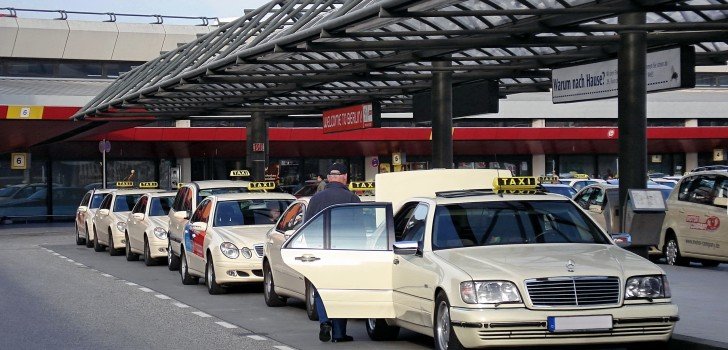Dutch police raided the Amsterdam office of UberPop this week, seizing documents as they prepare for criminal proceedings against the ridesharing app, following a ban imposed on it in December of last year.
UberPop is a cheaper and more controversial version of Uber, which is under attack in many countries due to the fact that its drivers are not required to be licensed professionals. The raid follows the French Constitutional Court’s dismissal of Uber’s case last week, as it challenged a ban on its UberPop service there.
Uber’s spokesman Gareth Mead clarified that UberPop was no longer publicly available in the Netherlands, but was currently accessible by a select group of the company’s “most loyal users.” If true, Uber personnel could be charged for operating the service in violation of its ban.
Uber is challenging both the Dutch ban on UberPop, as well as the current law requiring UberPop drivers to be licensed. UberPop has already been banned in France, Belgium and Germany, and may also face charges of operating in violation of its ban in France.
The Amsterdam office was previously raided in March and has so far accumulated over $500,000 in fines.
In the U.S., California’s courts ruled that Uber drivers are employees, not contractors, which could lead to higher costs for Uber from Social Security, workers’ compensation and unemployment insurance. This could eliminate the price advantage that consumers have been drawn to, and transform the company into just another taxi option.
Uber did have some good news in Florida’s Miami-Dade county, though, as Mayor Carlos Gimenez promised a rewrite of its laws governing Uber and similar firms like Lyft. The rule changes would eliminate caps on the total number of taxis, which has angered the existing owners of the county’s 2,100 taxi medallions.
Attorney Sandy Bohrer argues that plaintiffs from existing taxi services could go forward with a class-action lawsuit against Miami-Dade if these drivers are not compensated for the value of their licenses, which can cost up to $300,000 each.
Stay Connected